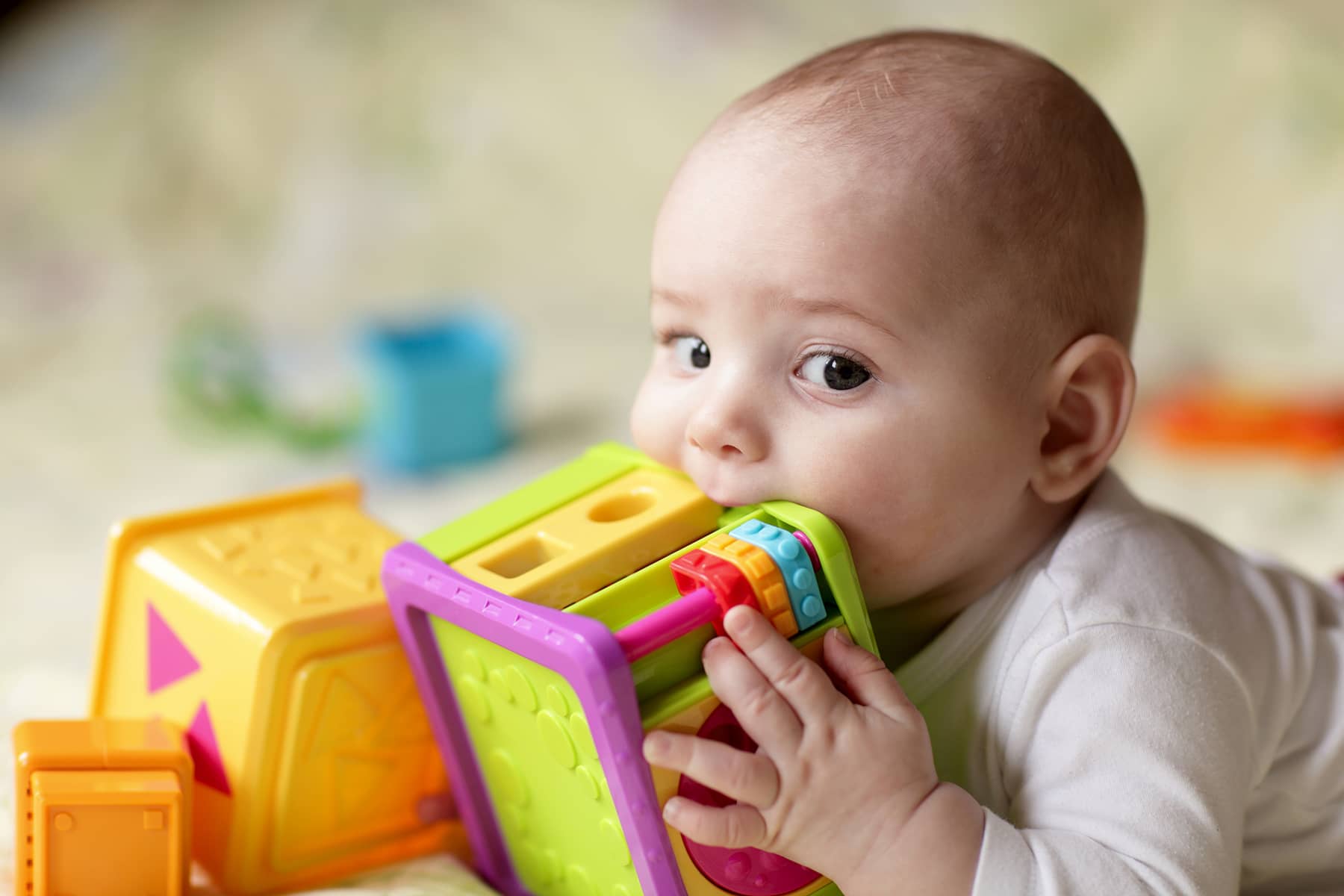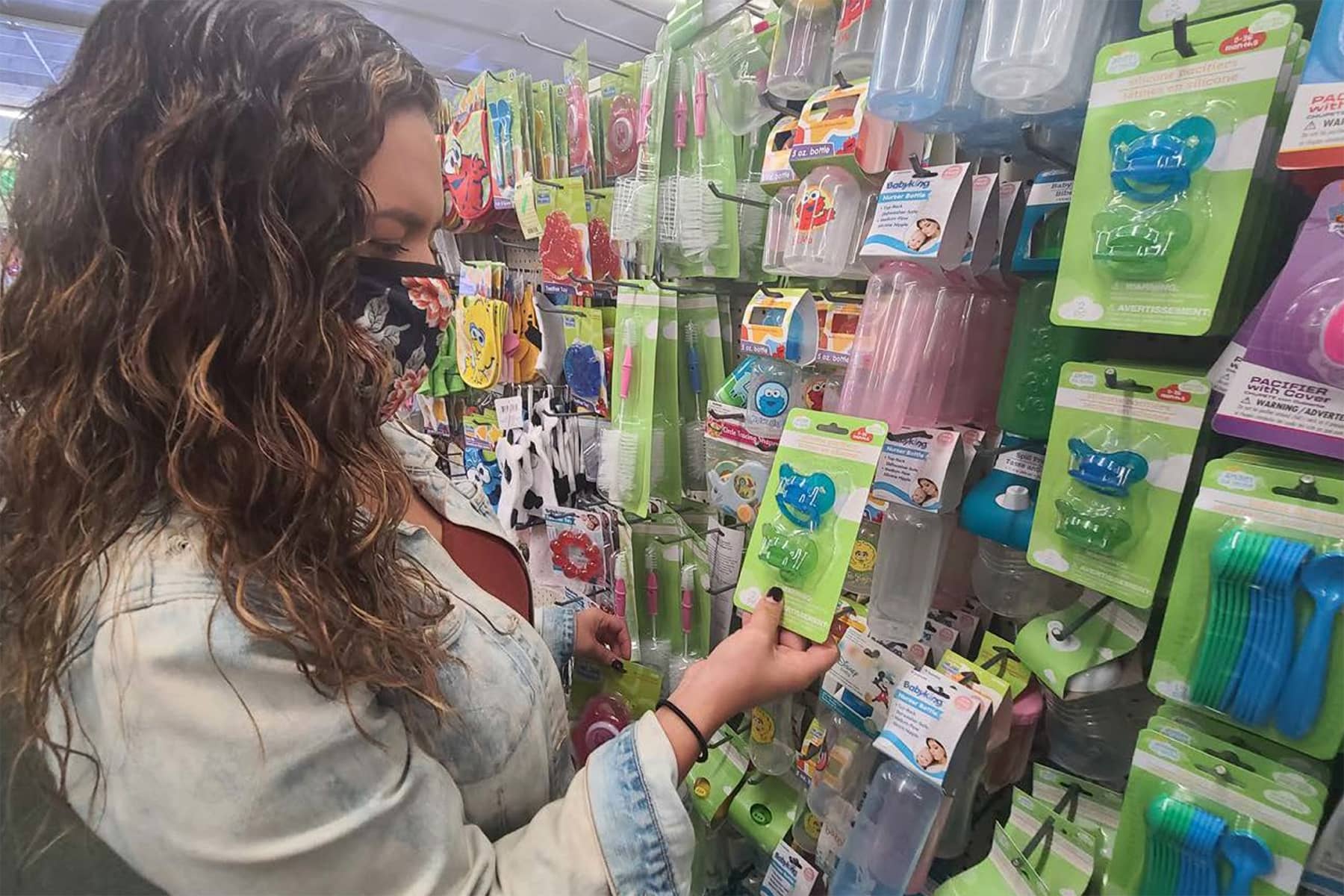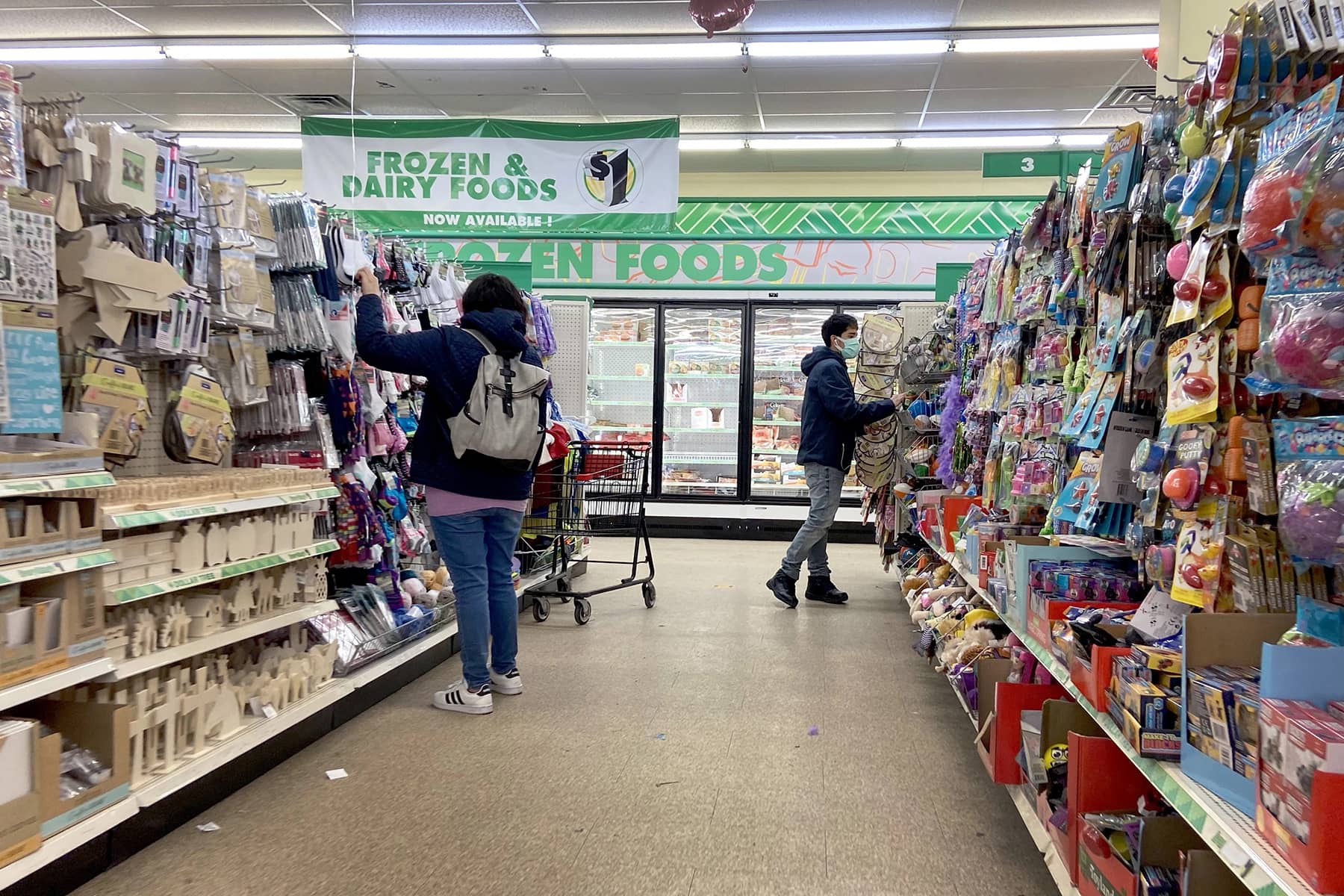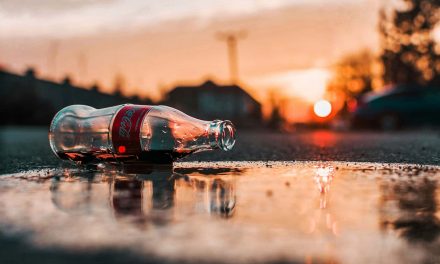
An alarming number of products purchased at dollar stores, including many children’s toys, contain harmful chemicals, according to a report released on April 12.
Researchers tested 226 products purchased at five popular retailers for chemicals, including phthalates and lead, and found that 120, or more than half, had at least one chemical of concern. Among the products that tested positive were colorful baby toys and Disney-themed headphones.
“As a parent, I should be able to buy a product without expecting to poison my child,” said Jose Bravo, national coordinator at the Campaign for Healthier Solutions, a coalition that calls on dollar stores to phase out hazardous chemicals from their products.
The tests found chemicals like lead and phthalates, which is associated with higher rates of childhood cancer. They also found products like fake teeth that were made of polyvinyl chloride (PVC), which can contain endocrine-disrupting chemicals and can harm reproductive and cognitive development. Children are especially vulnerable to low-level exposure found in bottles, toys, appliances and personal care products.
“There are known substitutes for these hormone-disrupting chemical hazards,” said Jeff Gearhart, research director of Ecology Center Healthy Stuff Lab, the group which tested the products. “The fact that they continue to be used in these low cost products that dollar stores sell is a real problem.”
Also testing positive for these potentially harmful chemicals were canned foods, which were found to have BPA coating, an endocrine disruptor that can leach into food and drinks. Non-stick cookware and popcorn packaging had presence of PFAS, the waterproof “forever chemical” that has been associated with wide ranging health effects, including cancer, thyroid disease, and liver damage. The packaging of microwavable popcorn also tested positive for PFAS.
In addition, paper receipts from all five retailers tested positive for bisphenol S, an analog of BPA present in thermal paper and plastics.
At 34,000, there are more dollar stores in the US than Walmarts, and they usually sell inexpensive, mass produced goods from overseas. They are generally concentrated in low-income areas and communities of color, and they remain an affordable option for groceries, household items and other goods, particularly as consumer prices rise due to inflation.
“Everybody should have access to healthier, lower-hazard products and it shouldn’t depend on what you can afford,” Gearhart said.
The two biggest chains, Dollar General and Dollar Tree, have adopted chemicals policies that ban certain toxic chemicals, including lead and BPA in children’s products. The federal government prohibits phthalates in children’s toys and child care products, but experts said protections should extend to all manner of items.
“If a child gets their hands on a product, it becomes a children’s product whether or not it meets the regulatory definition,” said Gearhart, referencing headphones adorned with Disney characters which tested positive for lead, phthalates and phosphates. A cheap pair of headphones, even though it’s not considered a toy, is still something that kids can put on their head and chew on the wires, he said.
Bravo said that businesses do not have the capacity to test every product sold, adding that the federal government only intervenes when someone gets sick or dies. One such case is the Johnson & Johnson withdrawal of its talc-based baby powder from US and Canada in 2020 after asbestos was found in the product.
“Manufacturers and retailers need to step up because there are gaps in the regulatory system,” Gearhart said.
Аlіyа Utеuоvа
Originally published on The Guardian as Harmful chemicals found in toys and canned food at US discount stores
Help deliver the independent journalism that the world needs, make a contribution of support to The Guardian.

















